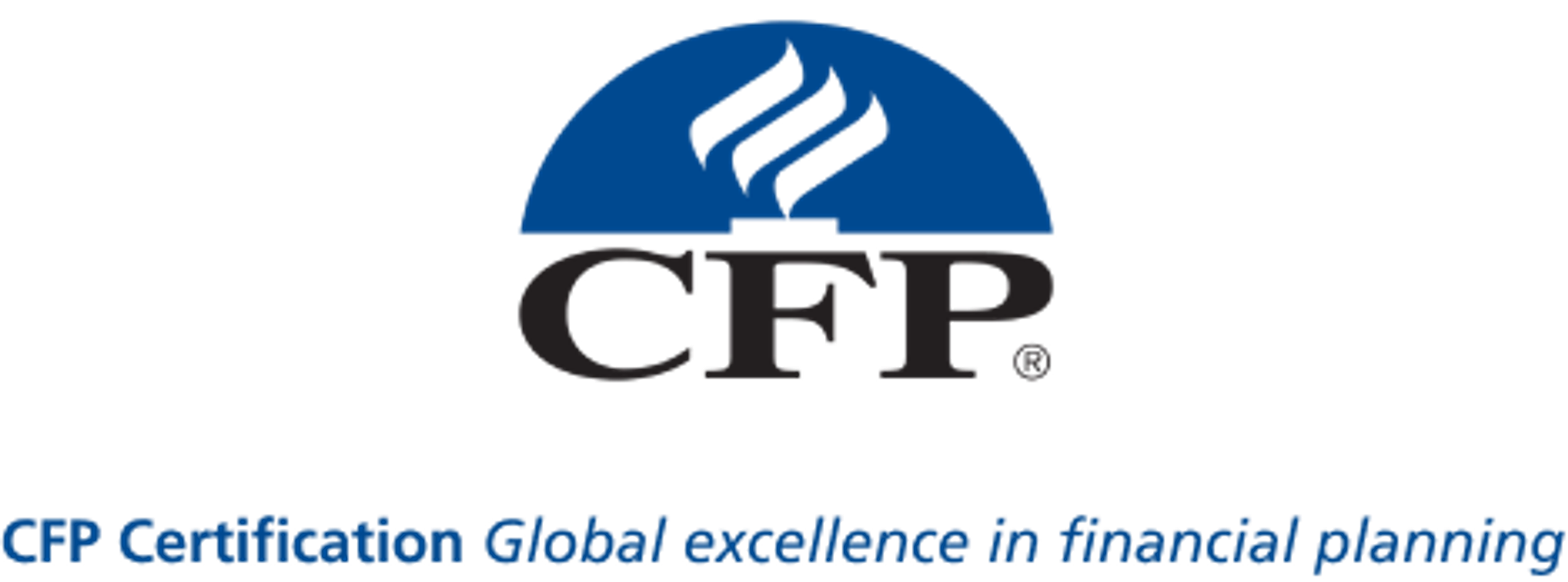PATHWAY TO CFP
The CFP® Certification Requirements
In order to be certified, a CFP® candidate must meet all four
requirements of the certification process described below, while an
AFP® candidate must meet the education, examination and the ethics
requirements:
PATHWAY TO CFP®
Education
Before applying for the Certification Examination(s), a candidate must complete academic coverage of the financial planning curricula including: foundations in financial planning (AFP® course), risk management and insurance planning, tax planning and estate
planning, investment planning, retirement planning, and financial plan construction and professional responsibilities.
Completion of the academic requirement is available through three educational paths, namely self-study or distance learning, part-time course, or full-time course.
Examination
Upon successful completion of the academic requirement, the candidate is eligible to apply for the Certification Examination(s). The Certification Examination is designed to assess the candidate's ability to apply his/her financial planning education to financial planning situations in an integrated format, thereby protecting the public by assuring that he/she is at the appropriate level of competency required for practice.
Experience
This centers on work which involves personal financial planning-related experience. It is designed to provide the public with the assurance that the candidate understands the counseling nature of personal financial planning. The requirement is three years, performed before or after the successful completion of the Certification Examination.
Ethics
The ethics requirement is the final step on your path to CFP® certification. It indicates you've agreed to adhere to high ethical and professional standards for the practice of financial planning, and to act as a fiduciary when providing financial advice to your client, always putting their best interests first.

AN INDIVIDUAL DEMONSTRATES RELEVANT
WORK EXPERIENCE WORKING WITH CLIENTS WHILE
Engaging in practice described in FPAS’s
Financial Planning Practice Standards
Applying the abilities, skills and knowledge described in FPAS’s Financial Planner Competency Profile
Adhering to ethical principles described in
FPAS’s Financial Planner Code of Ethics and
Professional Responsibility
THIS EXPERIENCE MAY BE GAINED IN THE FOLLOWING AREAS:
Account
Insurance Planning
Banking/Trust
Portfolio Management
Estate Planning
Retirement/Pension Planning
Financial Planning
Securities/Managed Funds
Law
Taxation
FPAS RESERVE THE RIGHT TO CONDUCT INTERVIEW(S) TO
DETERMINE THE SUITABILITY OF EXPERIENCE DISCLOSED.
DECISION MADE THEREAFTER BY FPAS IS FINAL.
All levels of supervision are acceptable if the chain of supervision eventually leads back to the planner.
Must be directly responsible for information that is provided to the planner/client and have reasonable liability for the client.
Credit for teaching is limited to the instruction of the CFP® educational curriculum in a FPAS Registered Program. Teaching finance-related classes (for college credit) full-time at any non- FPAS Registered Program university is given two years worth of experience credit, but the third year of experience must be personal-financial planning experience or teaching the CFP® educational curriculum courses full-time at a FPAS Registered Program.
"Client" denotes a person who engages a practitioner and for whom professional services are rendered. Pro-bono experience is accepted as long as (1) there is a client and (2) you are acting as a financial planning professional who is capable and qualified to offer objective, integrated, and comprehensive financial advice to or for the benefit of individuals to help them achieve their financial objectives using the financial planning process.
FPAS Code of Ethics is compulsory and must be completed by a licensed AFP®, AWPCM and CFP® certificant.
Code of Ethics Workshop - Financial Advisers Act and Securities Act (FAA and SA) - 3 hours session and 3 in-house CPD credited within same calendar year from the AFP® certification approval date.
Cross-Border Marks Use Policy
The Associate Financial Planner of AFP®
The Associate Financial Planner or AFP® will be competent to recommend general financial planning strategies and to advise on the appropriate selection and use of various financial products for individuals, e.g. insurance, unit trusts, and a broad range of securities and banking products.
The AFP®Certification Requirements
The Associate Financial Planner or AFP® will be competent to recommend general financial planning strategies and to advise on the appropriate selection and use of various financial products for individuals, e.g. insurance, unit trusts, and a broad range of securities and banking products.

Global excellence in financial planning



